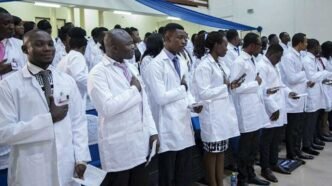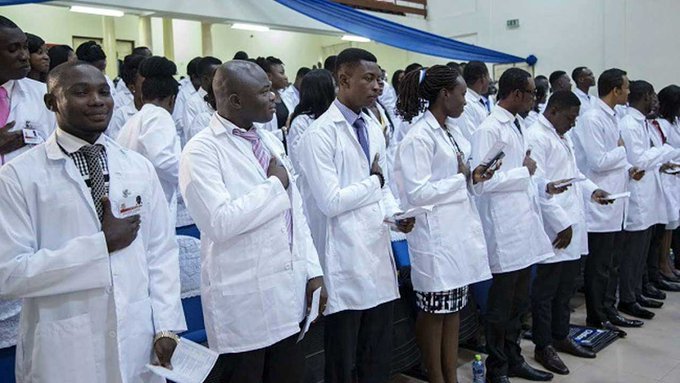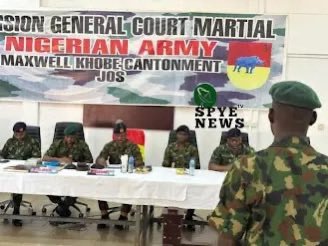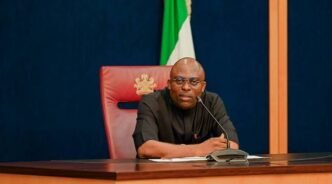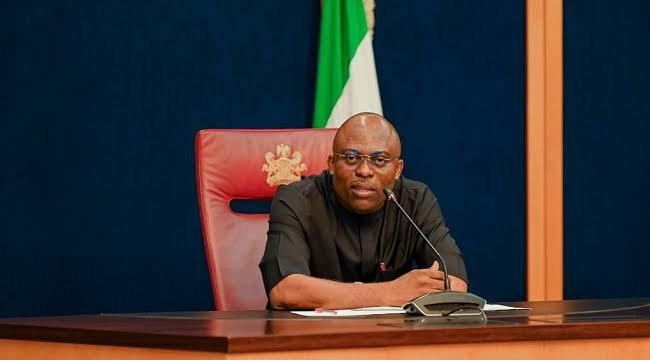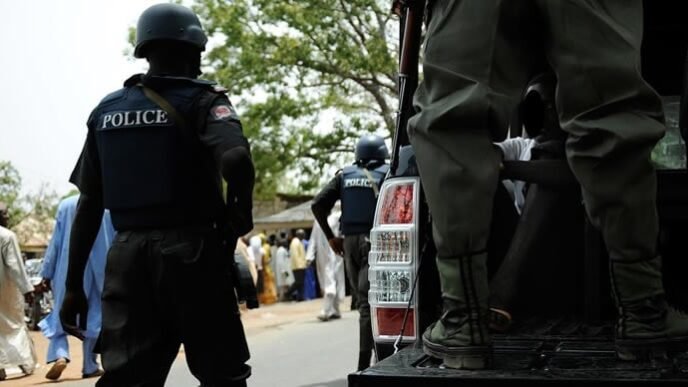Doctors in the Federal Capital Territory (FCT) have suspended their strike action and announced that they will officially resume work on Monday, in what comes as a major relief to residents and the entire healthcare system of the nation’s capital.
The announcement was confirmed after several rounds of dialogue between the doctors’ union and the FCT Administration, bringing an end—at least temporarily—to a standoff that had stretched healthcare delivery in Abuja to its limits. The suspension signals the reopening of government hospitals and clinics that had been forced into skeletal or emergency-only services during the strike.
Why FCT Doctors Went on Strike
The strike, which began earlier this month, was triggered by long-standing issues related to poor working conditions, inadequate welfare packages, salary arrears, and insufficient medical infrastructure. Doctors under the FCT chapter of the Nigerian Association of Resident Doctors (NARD) complained of being overworked and underpaid while also operating in environments where essential tools for saving lives were either absent or outdated.
One of the major grievances was the delayed payment of salary arrears and allowances. Many doctors argued that despite their dedication to public service, they had been left behind in terms of compensation, especially compared to colleagues in other parts of the country.
The union also cited poor facilities in several FCT hospitals, describing the situation as “an embarrassment to a capital city that hosts both local and international dignitaries.” According to some officials, the lack of modern equipment forced doctors to improvise or refer patients to private facilities, placing additional financial burdens on families already struggling with the rising cost of living.
The Impact of the Strike on Abuja Residents
The strike caused significant hardship for residents of Abuja and surrounding communities. Public hospitals, including some of the largest facilities in the capital, were forced to limit services. Emergency wards became overstretched, surgeries were postponed, and many patients were turned away or asked to seek care elsewhere.
For families, the impact was devastating. Expectant mothers, children, and patients with chronic illnesses like diabetes, hypertension, and kidney disease bore the brunt of the disruption. Private hospitals, though operational, became overcrowded and expensive, leaving low-income families in a desperate situation.
A resident of Kubwa, who identified herself as Mrs. Musa, shared her experience:
“My husband needed urgent attention after an accident, but when we got to the general hospital, we were told doctors were not available due to the strike. We had to rush him to a private hospital, and the bill almost wiped out our savings. We just pray this doesn’t happen again.”
Stories like hers were repeated across the city, underlining the essential role public doctors play in sustaining Abuja’s healthcare delivery system.
Negotiations and the Path to Suspension
The breakthrough came after several meetings between representatives of the striking doctors and FCT health authorities. Mediators from the Ministry of Labour and Employment were also reportedly involved in pushing both sides toward an understanding.
While details of the agreement have not been made public, sources within the medical union confirmed that the FCT Administration made renewed commitments to address pending issues, including:
- Payment of salary arrears and allowances.
- Improved provision of medical supplies and equipment.
- Plans to expand staffing levels to reduce workload pressure.
- Continuous engagement to resolve welfare-related disputes.
The doctors emphasized that the suspension of the strike was not a permanent resolution but rather a demonstration of goodwill to allow the government to act on its promises.
Dr. Emmanuel Anyanwu, a spokesperson for the FCT chapter of the doctors’ union, explained:
“We are suspending the strike because we have received assurances from the authorities. However, this does not mean all our issues have been resolved. We will be monitoring progress closely, and we expect concrete action before the end of the year.”
Relief Among Patients and Families
The announcement has been met with widespread relief across Abuja. Families who had been caught in the middle of the industrial action expressed joy at the prospect of accessing medical care again without the high costs of private hospitals.
Market women, civil servants, and business owners in various districts of the capital described the news as “timely.” For many, the strike was a reminder of how fragile public healthcare can be and the urgent need for reforms.
Reactions from Stakeholders
The Nigerian Medical Association (NMA), the umbrella body for doctors in the country, welcomed the suspension of the strike, praising both sides for choosing dialogue over confrontation. The association, however, cautioned that the FCT government must act swiftly to implement its promises to avoid another breakdown in trust.
Health analysts also weighed in, describing the resolution as a “temporary relief.” According to Dr. Amina Sule, a public health expert, suspending the strike does not erase the root causes of the problem.
“Nigeria’s healthcare sector continues to suffer from underfunding, poor management, and brain drain. Unless we address these systemic issues, strikes will continue to recur. The government must treat healthcare workers not as adversaries but as partners in delivering critical national services.”
The Broader Context: Healthcare in Nigeria
The FCT doctors’ strike is only one of many similar actions across Nigeria in recent years. Healthcare workers, including nurses, midwives, and laboratory scientists, have frequently downed tools to demand better pay, safer working environments, and improved facilities.
Nigeria’s healthcare system, already weakened by decades of neglect, faces the additional challenge of losing skilled workers to other countries. A growing number of doctors and nurses are leaving for opportunities abroad, particularly in the United Kingdom, Canada, and the Middle East, where they are offered better pay and working conditions.
This “brain drain” has left public hospitals understaffed, further straining the few professionals who remain.
What This Means Going Forward
With doctors set to resume duties on Monday, residents of Abuja can finally expect the reopening of wards, resumption of surgeries, and restoration of outpatient clinics. However, experts caution that the joy may be short-lived if the government fails to fulfill its end of the bargain.
For the doctors, the suspension is a test of trust. For the government, it is a chance to prove its commitment to healthcare reform. For patients, it is a reminder of how vulnerable they are when disputes between doctors and government authorities spiral into prolonged strikes.
Final Word
The suspension of the strike by FCT doctors is a welcome development that will bring much-needed relief to thousands of families in Abuja. However, it also raises bigger questions about the sustainability of Nigeria’s healthcare system, the welfare of medical professionals, and the government’s capacity to meet its obligations.
As doctors resume work on Monday, the spotlight will be on the FCT Administration to deliver on its promises and on the doctors to maintain their commitment to service while holding authorities accountable.
For now, Abuja residents can breathe a sigh of relief knowing that public hospitals will once again open their doors, but the hope is that this will mark the beginning of lasting solutions, not just another temporary fix in Nigeria’s long-running healthcare struggles.

